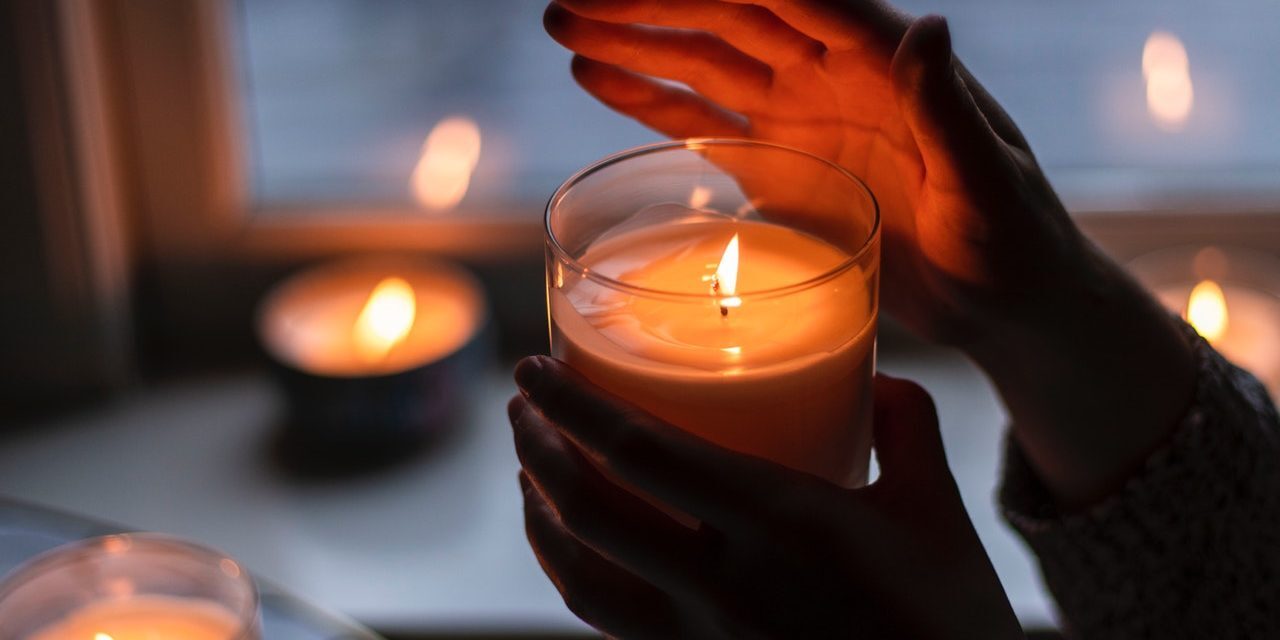This week I am inspired to write about finding a compassionate way in the world. This last weekend I have been teaching on the Mindfulness Masters degree. The first years were beginning their compassion course and the second years were beginning their research module, called Professional Enquiry. Both groups came together for practice and for a session on Mindfulness Based inclusivity on the Saturday evening.
The session on Saturday evening was led by Dean and Aesha Francis, who are themselves students on the Aberdeen Masters degree. As part of their studies that have explored the use of Mindfulness in the field of inclusivity and the Mindfulness Association is keen to support this, hence their session on Saturday evening. They guided a great experiential exercise which gave a real felt sense of being in an ‘in group’, an ‘out group’, a ‘minority’ and an ‘elite’. It was a very interesting exploration of how identity feels real and innate and how we are often unaware of the social constructs we are buying into and which contribute to our identity. If you would like to experience Dean and Aesha’s work, they will be running a session at our membership weekend in May
As a sneak preview to my blog readers – there is a strong chance that Rob Nairn will be joining us for our 10th anniversary celebrations at the membership weekend! (Note – It only costs £10 to join our membership).
I feel that in the mainstream of our culture in the West, there is a lot of ‘othering’ and categorising people into separate groups, which can then oppose each other. There is much less emphasis on common humanity – the fact that all human beings are subject to the same human condition – we all want to be happy and we all want to be free from suffering – but we often go about achieving this in ways that only increase division and suffering to each other and the wider world. The more I see the political, economic and social world unfolding, the more convinced I am that compassion training is the only way we will be able to survive and thrive as individuals and as a species.
I have been looking at my schedule of work this year and it turns out that I will be teaching a lot of compassion this year, which is a great privilege. Our operational definition of compassion is ‘A sensitivity to the suffering of self and other, with a deep desire to relieve that suffering’, attributed to the Dalai Lama. This has two aspects to it. The first is turning towards and being with our suffering, which is helped by our mindfulness practice, including practices such as RAIN. The second is cultivating the capacity within ourselves to respond skilfully when suffering happens, for example by using compassionate imagery practices (available for free on the compassion section of our Mindfulness Based Living Course app).
The second aspect also includes how we respond to the suffering we find around us and this is what I will be exploring on my retreat in Scarborough in July. One clear way that we can contribute to better personal health and wellbeing the to the health and wellbeing of the wider world is to move to a more plant based diet. I have been doing this for the last three and a half years and heartily recommend it for better health and a feeling of great wellbeing that I am walking my talk, in terms of animal welfare and the environment.
So on the retreat, we will be practicing compassion, cultivating joy and appreciation (which should be quite easy to do by the seaside in the summer) and building our compassionate resources. Then we will be looking at one way of practically applying our compassion practice in our life by exploring the impact of what we chose to eat.
In my experience of practice and teaching, training in compassion is the most transformative. This came across on my last weekend of teaching as well. With the Year 1 students moving towards self-compassion and acceptance as opposed to self-criticism and resistance. We explored how everyone experiences the inevitable pain of life and how the human condition sets us up to resist this pain and so suffer. By getting to know ourselves better and by recognising that the human condition and the conditioning that we are subject to is not our fault, we can begin to let ourselves off the hook of unrealistic perfectionism and own the mess that we all are. As Rob Nairn says we become a ‘compassionate mess’.
The Year 2 students are further along this journey, having completed the compassion course. A wonderful group of like-minded and committed practitioners. It is such a relief to hang out with a bunch of fellow compassionate messes.
Can you be a compassionate mess this week?
Kind Wishes
Heather


